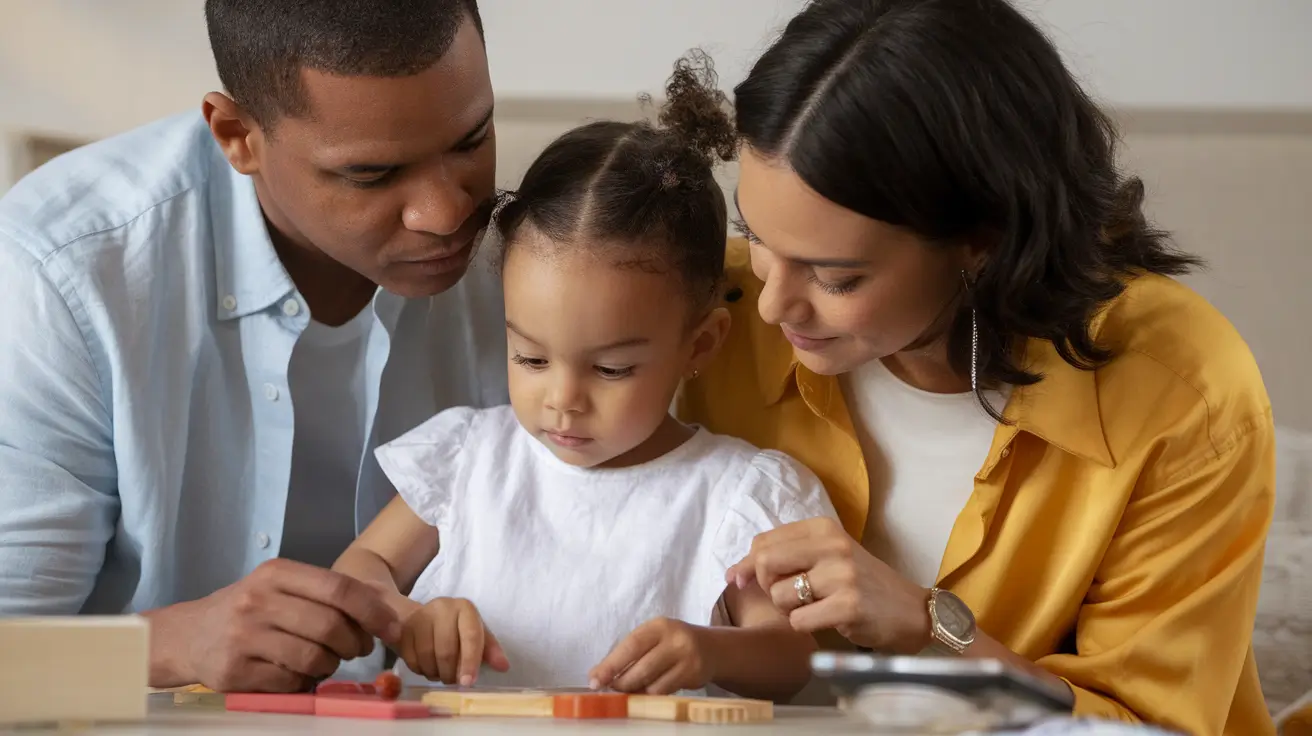In today’s fast-paced world, raising mentally strong kids has become more crucial than ever before. As parents navigate the challenges of modern parenting, understanding how to foster mental resilience in children is becoming increasingly vital for their long-term well-being and success.
Picture this: Your tween hops into the car after school, and like clockwork, you ask that age-old question – “How was your day?” Only to receive the classic one-word response: “Good.” Sound familiar? Well, buckle up, because we’re about to dive into the art of fostering genuine connections with your children through thoughtful communication that actually works.
Daily questions to ask your kid before and after school
In today’s whirlwind world, where mental health challenges are skyrocketing – with a whopping 40% uptick in adult mental health issues and 10-20% of youngsters grappling with similar struggles – we simply can’t afford to take a passive approach to raising mentally strong kids. The good news? You’ve got more power than you might think to help your children build emotional resilience.
Gone are the days when providing meals and basic necessities was enough. Today’s parenting landscape demands a more nuanced approach – one that intertwines emotional intelligence with everyday interactions. Think of yourself as your child’s emotional compass, helping them navigate the choppy waters of growing up.
The secret sauce to raising mentally strong kids isn’t found in parenting books or quick-fix solutions. It’s woven into the fabric of daily conversations, thoughtful questions, and creating an atmosphere where vulnerability isn’t just accepted – it’s celebrated. Think of it like tending a garden – you need to nurture the soil daily, not just when you notice the plants wilting.
Let’s dive deeper into understanding why these daily conversations matter so much. When children feel heard and understood, they develop a stronger sense of self-worth. This emotional foundation becomes their springboard for handling life’s challenges with greater resilience and confidence.
1. Ask a question that makes them think about how they’re feeling.
Instead of the usual “How are you?” try this game-changer: “How are you feeling emotionally today?” It’s like opening a door that your child didn’t even know existed. This simple tweak acknowledges that emotions aren’t just valid – they’re worth exploring together.
Consider this: When you ask about emotions specifically, you’re teaching your child that feelings aren’t something to hide or suppress. You’re creating a vocabulary for emotional expression that will serve them well throughout their lives. Think of it as giving them emotional tools they’ll carry in their life’s toolbox forever.
2. Ask them a question they often ask you.
Want to see your child’s face light up like Times Square on New Year’s Eve? Beat them to their own question. When your kiddo hears “What would you like to do with me today?” before they’ve had a chance to ask it themselves, you’re speaking their language in the most delightful way.
This approach does more than just make them smile – it shows them that their interests and desires matter to you. It’s about mirroring their curiosity and enthusiasm, creating a beautiful dance of mutual interest and engagement. When children feel their questions and interests are valued, they’re more likely to maintain that natural curiosity about the world around them.
3. Ask them an open-ended question
Ditch the yes-no questions that lead to conversational dead ends. Instead, try “What made you smile today?” or “Tell me about a moment that surprised you.” These conversation starters are like tiny seeds that often grow into the most fascinating discussions.
The beauty of open-ended questions lies in their ability to spark genuine dialogue. They invite your child to reflect, process, and share their experiences in their own words. This process helps develop critical thinking skills and emotional awareness – crucial components of mental strength.
Remember, the goal isn’t to interrogate but to investigate with genuine interest. Your child can tell the difference between mechanical questioning and authentic curiosity. When you lean in with real interest, they’re more likely to open up about their world.
4. Ask them a question that points them to gratitude
In our “I want it now” culture, teaching gratitude is like giving your child a superpower. Make it a bedtime ritual to share three good things from the day. It’s not about forced positivity – it’s about training their brain to spot the silver linings.
This practice does more than just end the day on a positive note. It’s actually rewiring their brain to recognize the good in their lives, building resilience against anxiety and depression. Think of gratitude as a muscle – the more you exercise it, the stronger it becomes.
Consider creating a gratitude journal together, where you both write down or draw pictures of things you’re thankful for. This tangible record becomes a powerful reminder during challenging times that good things are always present, even when they’re harder to see.
5. Ask them a question that helps them open up about the hard stuff
Here’s where the rubber meets the road: “What happened today that might be hard to say?” This question is like extending a safety net, telling your child that even the tough stuff has a place in your conversations.
Creating this safe space for difficult conversations is crucial for long-term emotional health. When children know they can bring their challenges to you without fear of judgment or immediate consequences, they’re more likely to seek guidance when they really need it.
Think of it as building an emotional emergency fund – every time you respond with understanding to their struggles, you’re depositing trust into your relationship bank account. These deposits will prove invaluable during adolescence and beyond.
The Power of Consistent Communication
Before we wrap up, let’s explore some additional strategies for strengthening your child’s mental resilience:
- Create daily rituals that encourage sharing and connection
- Practice active listening without immediately jumping to solutions
- Share age-appropriate stories from your own life, including your struggles and how you overcame them
- Celebrate effort and progress rather than just outcomes
- Help them identify and name their emotions accurately
- Teach problem-solving skills through guided discussions
- Model healthy emotional expression and coping strategies
- Make time for both serious conversations and playful interactions
Remember that building mental strength is a marathon, not a sprint. Some days will feel more successful than others, and that’s perfectly normal. The key is consistency in your approach and authenticity in your interactions.
In summary
Think of yourself less as a problem-solver and more as an emotional sanctuary for your child. Your role isn’t to be their superhero, swooping in to rescue them from every challenge. Instead, you’re their safe harbor in life’s storms, their trusted guide through emotional territories, and their judgment-free zone for processing life’s complexities.
Building mental strength in children is like constructing a house – it needs a solid foundation (emotional security), strong walls (coping strategies), and a protective roof (parental support). Every conversation, every shared moment, and every demonstrated skill adds another brick to this structure.
Remember, raising mentally strong kids isn’t about creating perfect little humans – it’s about nurturing resilient ones who know they’re loved unconditionally, even when life gets messy. Your consistent presence, thoughtful questions, and willingness to listen without fixing everything might just be the greatest gift you can give your child in this complex world we’re navigating together.
This journey of emotional growth and mental strength-building isn’t just about getting through childhood – it’s about preparing them for life. When we invest time and energy into these meaningful connections today, we’re helping shape emotionally intelligent, resilient adults who will be better equipped to handle life’s challenges tomorrow.
Keep showing up, asking those thought-provoking questions, and creating spaces where authenticity thrives. After all, the strongest families aren’t built on perfect moments, but on genuine ones where both triumphs and struggles are welcomed with open arms. In the end, it’s not about being the perfect parent – it’s about being the parent your child needs: present, understanding, and committed to their emotional well-being.
Remember, every small step you take toward building your child’s mental strength today is an investment in their tomorrow. Keep nurturing those conversations, celebrating their resilience, and creating an environment where emotional growth can flourish. Your efforts today are laying the groundwork for a lifetime of emotional well-being and mental strength.






